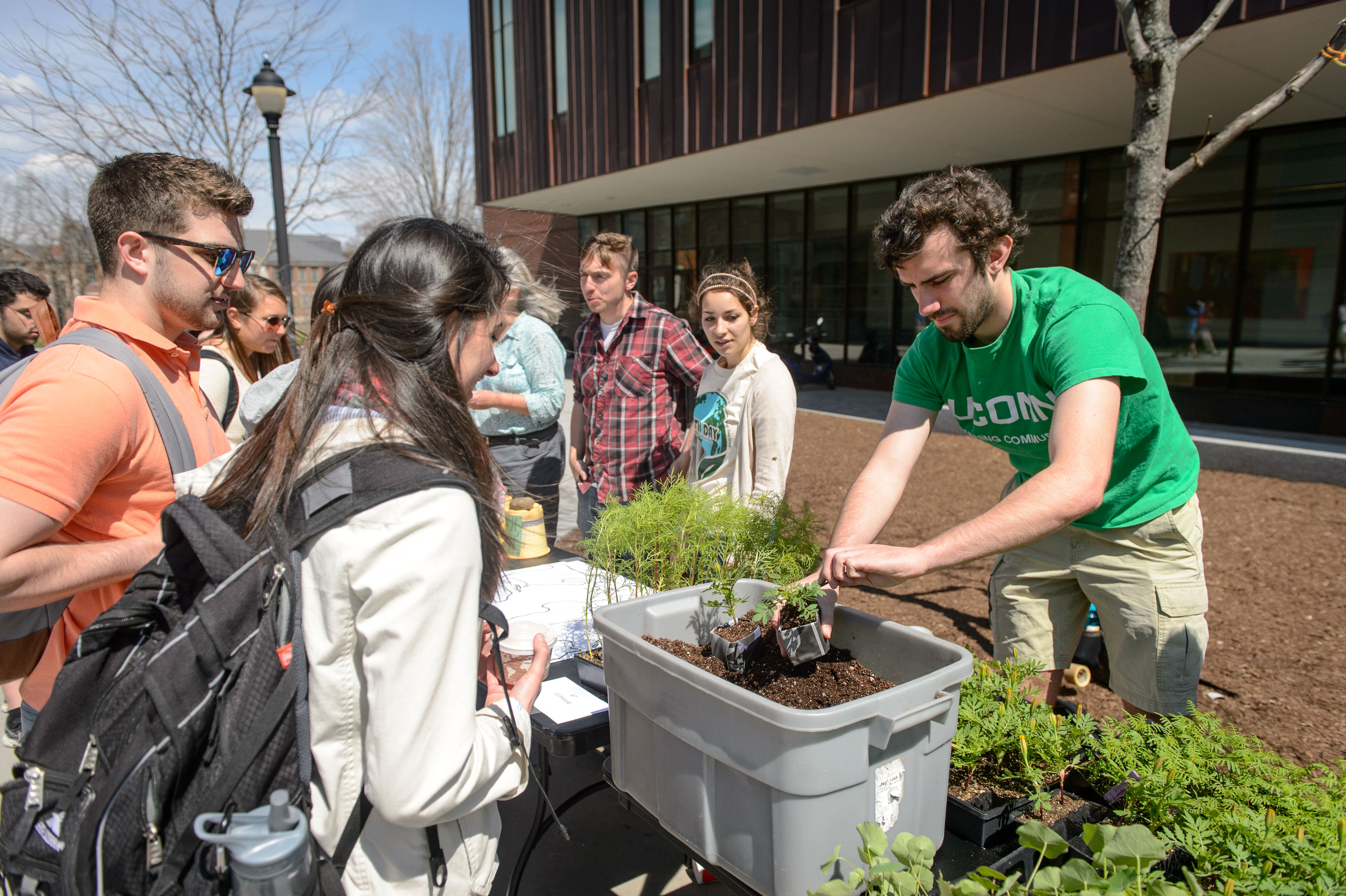The University of Connecticut is again recognized as one of the nation’s most sustainable campuses by the Sierra Club — receiving top billing in the nation for water usage, in particular.
The university is among the top five of more than 800 schools in the Association for the Advancement of Sustainability in Higher Education (AASHE) 2019 Sustainable Campus Index, which ranks colleges and universities in 17 sustainability impact areas. The rating system looks at sustainability measures implemented in a range of areas including building design, food and dining, waste, water, and grounds.
A combination of efforts contributed to UConn’s first place in the water usage category, such as retrofitting buildings with low-flow faucets, toilets and showerheads, replacing aging steam system infrastructure, and maximizing use of our state-of-the art reclaimed water facility to use recycled wastewater in place of drinking water for certain high-demand purposes, says Richard Miller, director of UConn’s Office of Sustainability.
“UConn’s water conservation efforts over the past decade have been extraordinary and culminated last year in a 51% reduction in water use over that time period, even as our enrollment increased significantly,” says Miller.
UConn continues to set ambitious goals to work towards having an increasingly sustainable campus, he adds. Notable achievements since last year’s rankings include a student- and faculty-led effort to implement an environmental literacy general education requirement, and a united effort by environmental student groups across campus urging the Presidential Search Committee to consider only those candidates with demonstrated commitments to sustainability.
“We’re never satisfied with the status quo. Technology is constantly evolving and existential threats like climate change demand a sense of urgency and a commitment to innovative and sustainable practices,” says Miller. “As the state’s flagship university, UConn should lead by example in all aspects of its educational mission and operational activities. That’s why we’ve already started the process of working with stakeholders across the university to set new sustainability goals and strategies for 2025.”
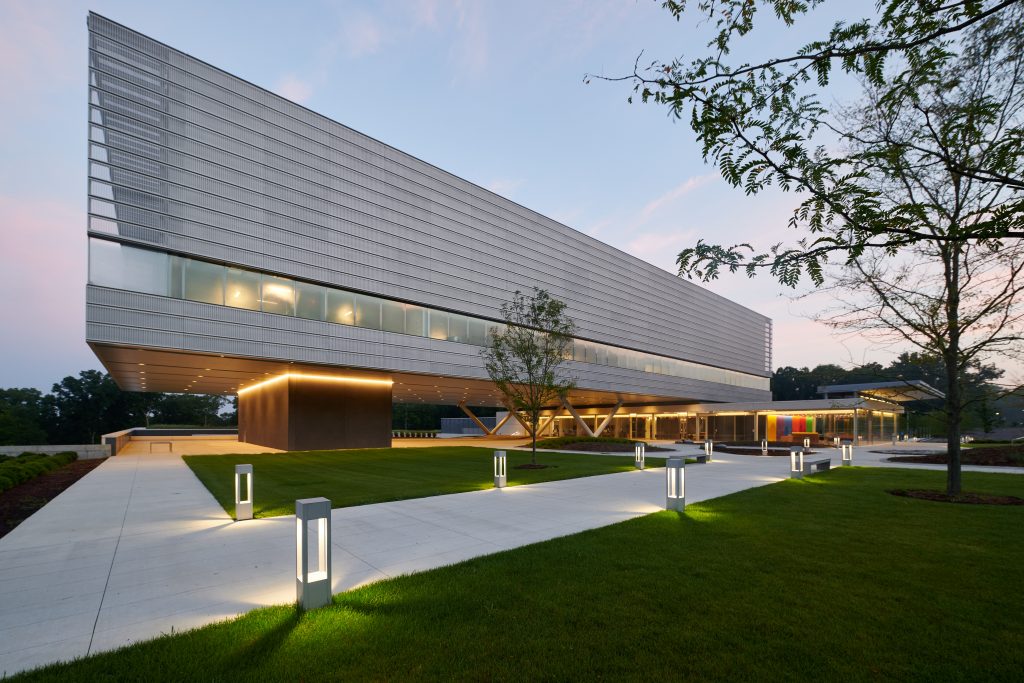
UConn is home to 23 LEED certified or registered buildings. In 2016 the Board of Trustees raised UConn’s minimum green building standard from LEED Silver to LEED Gold in an effort to achieve carbon neutrality by 2050. Other LEED buildings on campus include Laurel Hall, McMahon Dining Hall, the new Student Recreation Center, and the Gant Complex renovations.
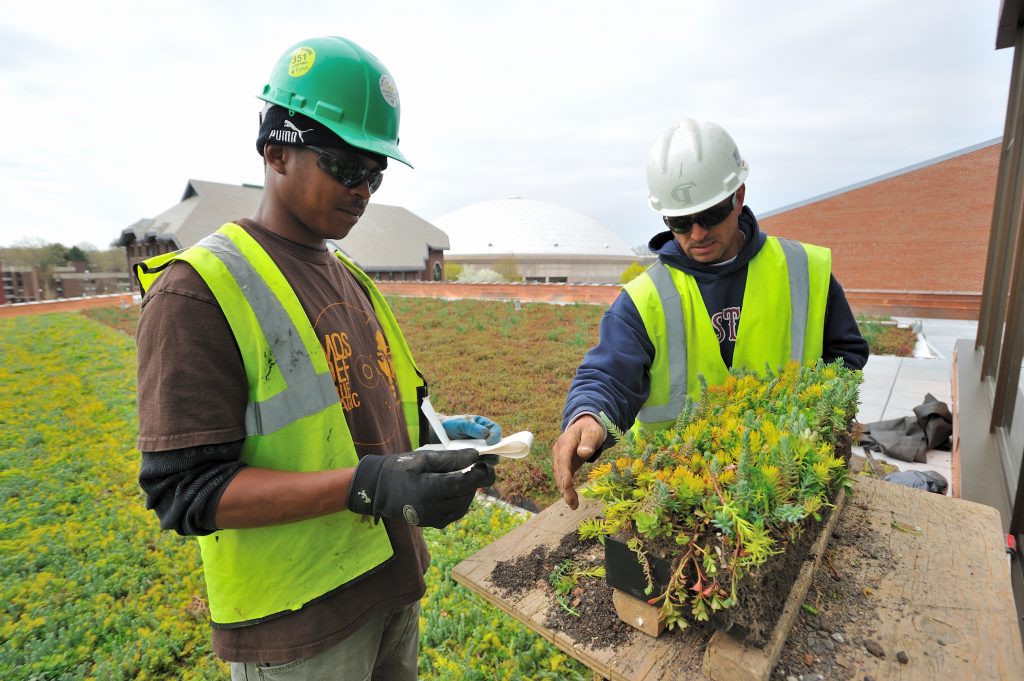
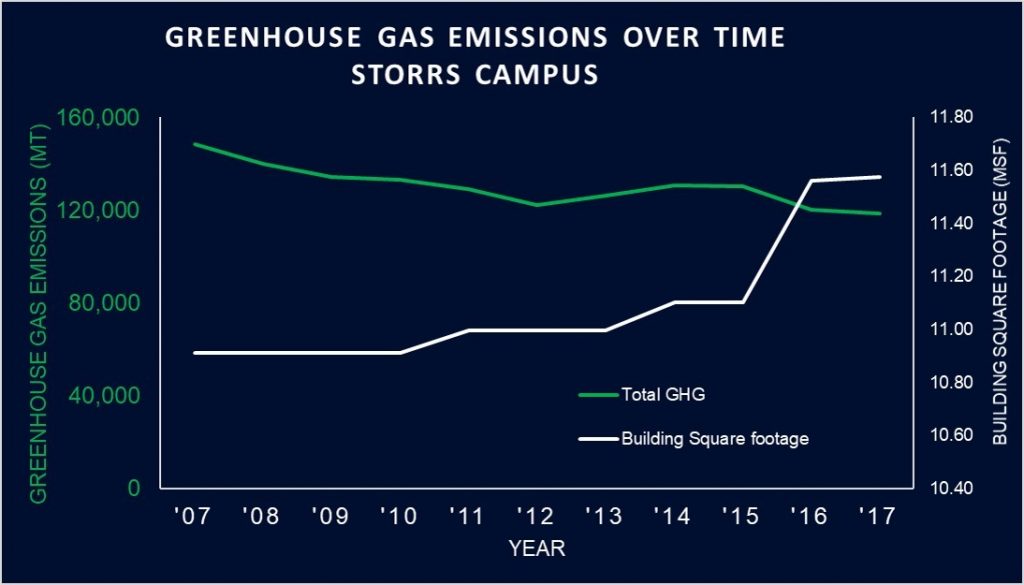
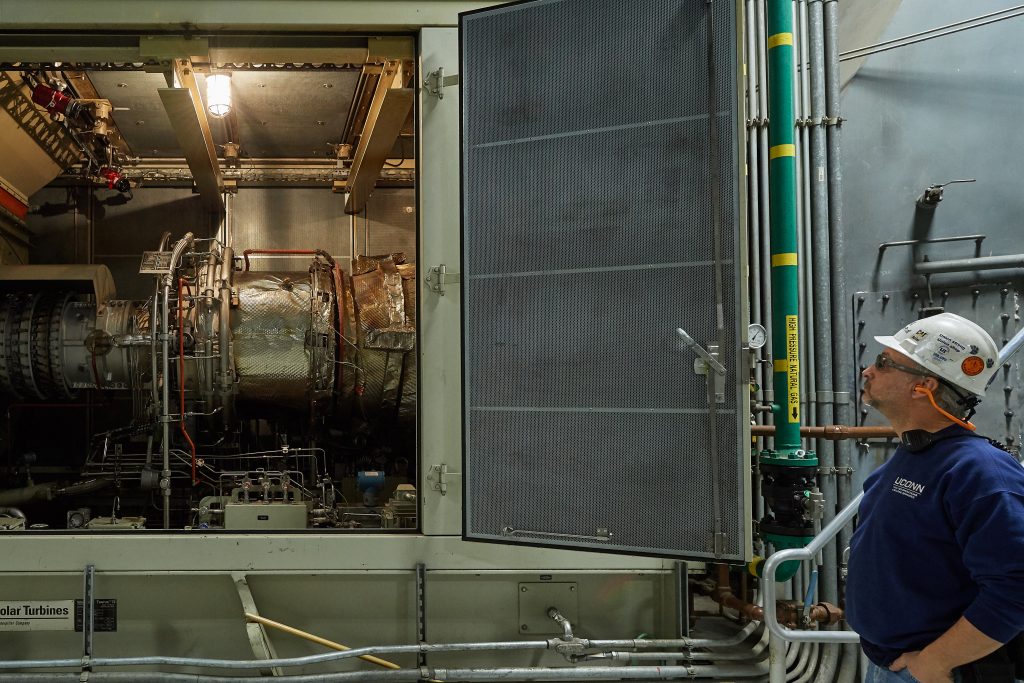
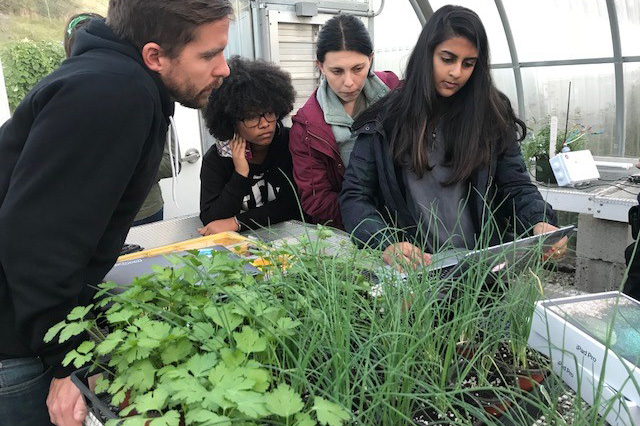
One area where UConn has consistently rated the highest in the Sustainable Campus Index is in food and dining. Sustainability efforts in this area include sourcing food from small, community-based and locally-owned farms. All eight residential dining units are Certified Green Restaurants.


Since 2015, UConn has sent students and faculty representatives to the United Nations Conference of Parties (COP) Climate Change Summit.
Keep up with the latest sustainability news and to learn about some of the green campus measures already in place, follow the UConn Office of Sustainability on social media (Facebook, Twitter, and Instagram) or by downloading the 2019 UConn Sustainability Activity Book. Get involved by enrolling your office in the Green Office Certification Program, joining student organizations like EcoHusky, or by using UConn Cycle Share or ZipCar for transportation.
